|| About C++ Programming Certification Course
Looking to master C++
programming? Enroll in our comprehensive C++ Programming course designed for
beginners and experienced developers alike. Our course covers essential topics
such as variables, data types, functions, object-oriented programming (OOP),
memory management, and the standard template library (STL). Gain hands-on
experience and prepare for industry certifications to boost your career in
software development.
Join us to enhance your C++ skills and unlock new opportunities in the tech industry! Become a proficient C++ programmer and earn industry-recognized certification with our comprehensive C++ Programming Certification Course. Whether you're new to programming or seeking to enhance your skills, this course is designed to equip you with the knowledge and expertise needed to succeed in C++ development. In this instructor-led course, you will delve into the fundamentals of C++ programming and advance to more complex topics, culminating in preparation for industry-standard certification exams.
The demand for C++ programming skills in
India remains strong, driven by various factors in the technology industry. C++
is a versatile and powerful programming language widely used in software
development, system programming, game development, and embedded systems.
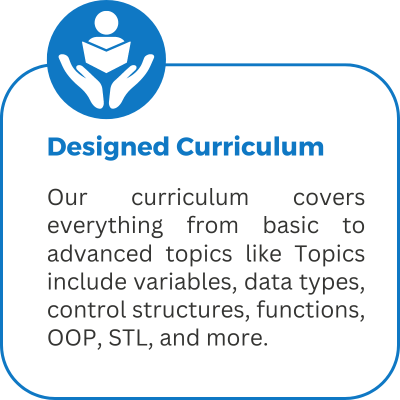

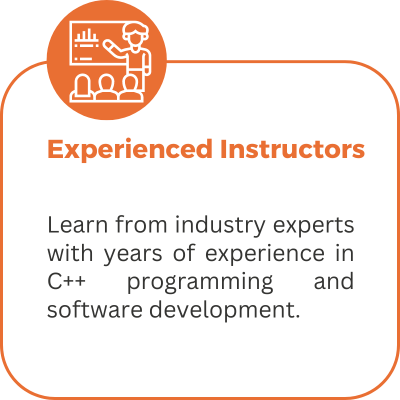
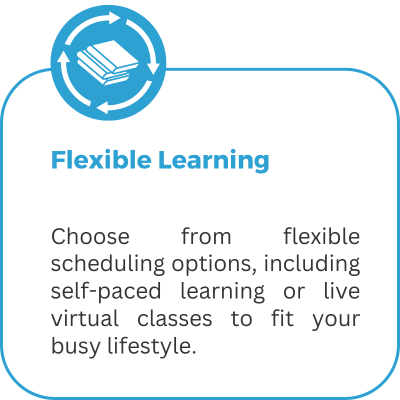
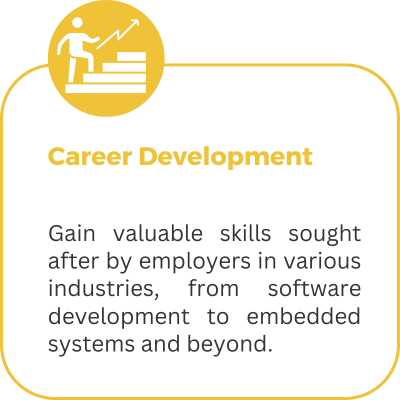
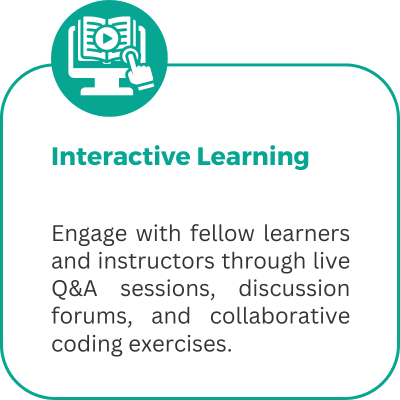
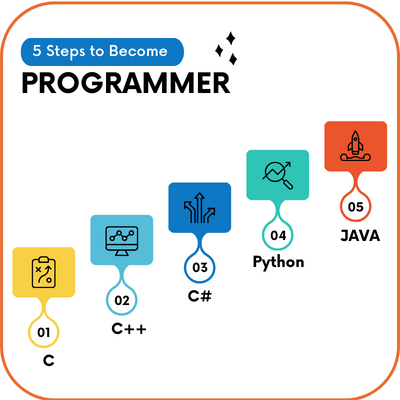
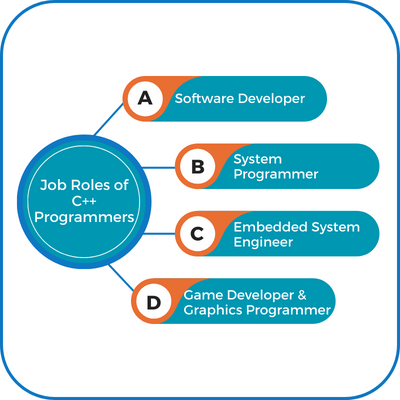
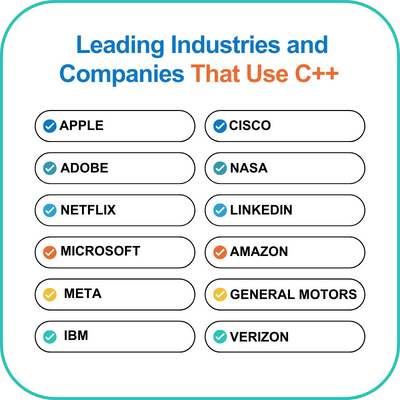
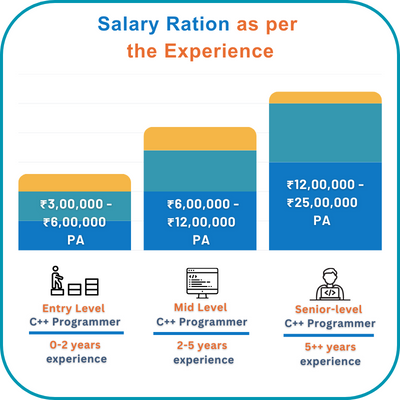
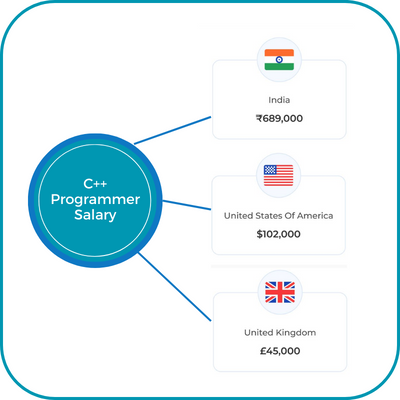
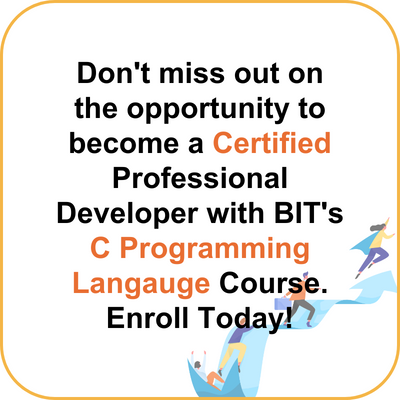





 Read more
Read more 
